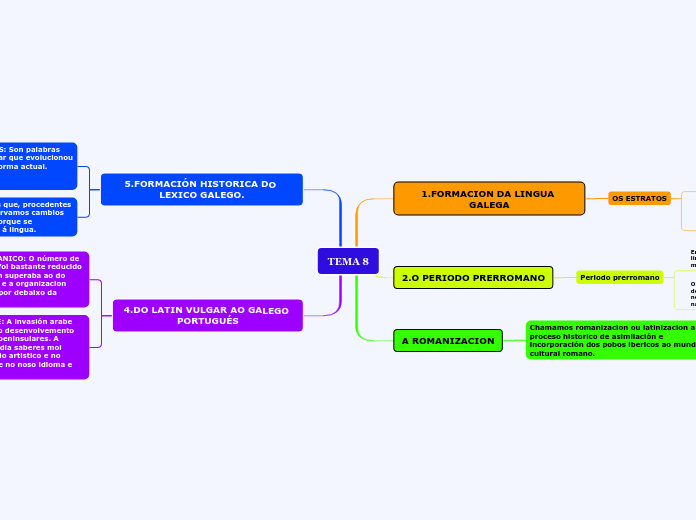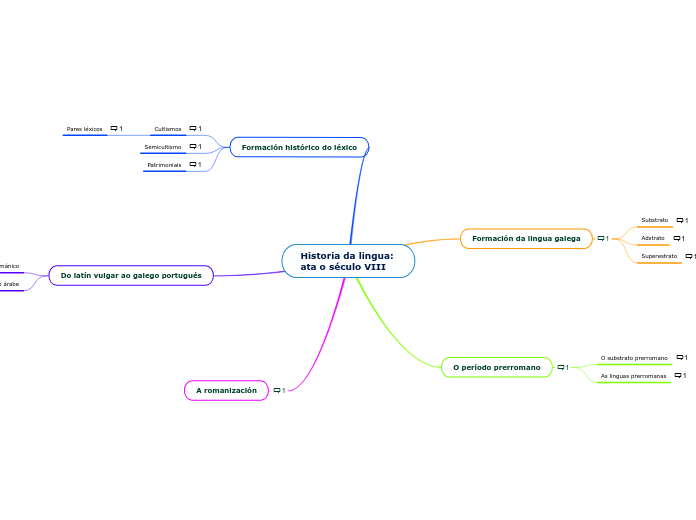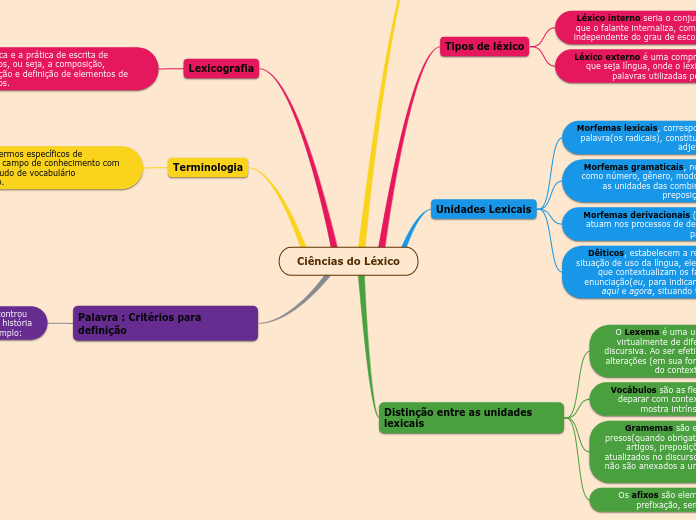TEMA 8
Conflict is present everywhere in the world around us. We experience conflict on a daily basis, and it can be minor or major.
Conflict in a story is a struggle between opposing forces. Characters must act to confront those forces and there is where conflict is born. If there is nothing to overcome, there is no story. Conflict in a story creates and drives the plot forward.
4.DO LATIN VULGAR AO GALEGO PORTUGUÉS
In this type of conflict, a character must take on society itself, and not a single person. The character stands at odds with societal norms and realizes the necessity to work against these norms. This is an external conflict.
SUPERESTRATO ARABE: A invasión arabe tivo un papel capital no desenvolvemento das linguas romances peninsulares. A cultura arabe comprendia saberes moi avanzados tanto no eido artistico e no agricola. O lexico arabe no noso idioma e copioso.
Give examples of man versus society conflict in the real world.
SUPERESTRATO XERMANICO: O número de invasores xermanicos foi bastante reducido o seu nivel cultural non superaba ao do poboacion romanizada e a organizacion administrativa estaba por debaixo da romana.
Give examples of man versus society conflict in a literary work.
5.FORMACIÓN HISTORICA DO LEXICO GALEGO.
This situation results from a protagonist working against what has been foretold for that person. While this conflict was more prevalent in stories where gods could control fate, such as in ancient Greek dramas, there are still examples of this type of conflict in more contemporary literature.
CULTISMOS: Son palabras que, procedentes do latin e do grego, conservamos cambios sen cambios relevantes porque se incorporaron tardiamente á lingua.
Since in real life we can't say that such examples of man versus supernatural, there are some superstitions that can influence a person's life.
Give examples of these superstitions.
PALABRAS PATRIMONIAIS: Son palabras procedentes do latin vulgar que evolucionou totalmente ata chegar á forma actual. Caelum: ceo Directum: dereito
Give examples of man versus fate conflict in a literary work.
A ROMANIZACION
This conflict develops from a protagonist’s inner struggles and may depend on a character trying to decide between good and evil or overcoming self-doubt. This conflict has both internal and external aspects, as obstacles outside the protagonist's force them to deal with inner issues.
Chamamos romanizacion ou latinizacion a o proceso historico de asimilación e incorporación dos pobos ibericos ao mundo cultural romano.
Give examples of man versus self conflict in a literary work.
2.O PERIODO PRERROMANO
In this type of conflict, a character is tormented by natural forces such as storms or animals. This is also an external conflict.
Periodo prerromano
Give examples of man versus nature conflict in a literary work.
O substrato prerromano é o conxunto de trazos que deixaron as linguas autóctonas prerromanas, ía influir notablemente no peculiar acento do latín empregado nas distintas zonas da Hispania.
Engloba os seculos previos á chegada da cultura e da lingua latina. Galicia era unha serie de pobos mesturados carentes de unidade lingüistica e cultural.
1.FORMACION DA LINGUA GALEGA
A situation in which two characters have opposing desires or interests. The typical scenario is a conflict between the protagonist and antagonist. This is an external conflict.
OS ESTRATOS
Give examples of man versus man conflict in the real world.
ADSTRATO: É a reciproca influencia entre linguas veciñas ou que conviven nun mesmo lugar. SUPERESTRATO:É a influencia exercida sobre unha lingua autóctona por unha lingua invasora.
SUBSTRATO: Chamamos substrato a influencia de outra lingua nativa sobre outra lingua implantada no mesmo territorio.







